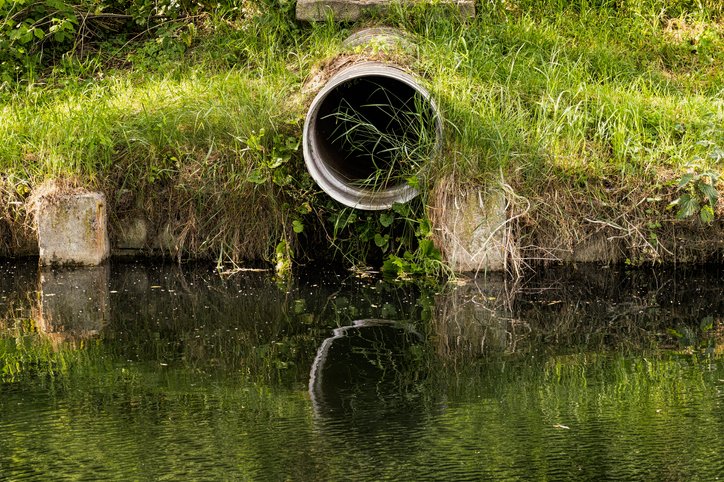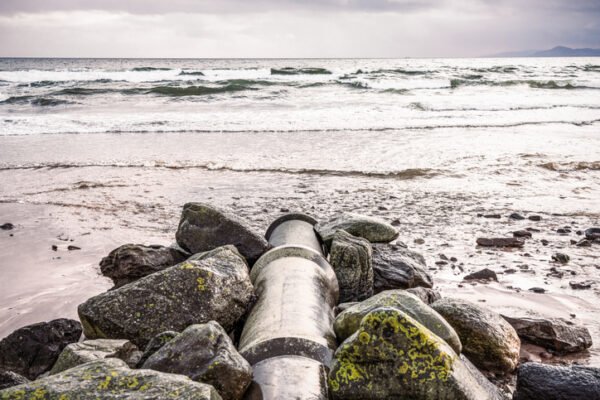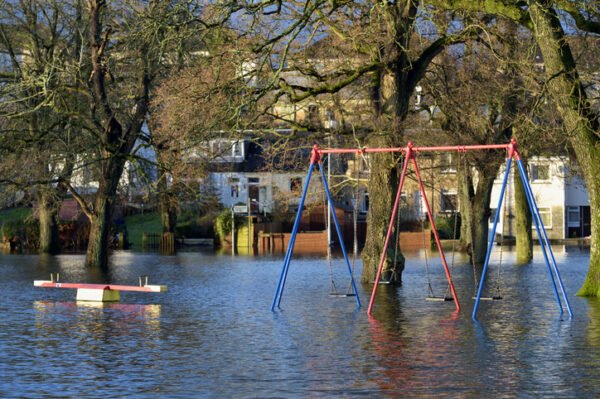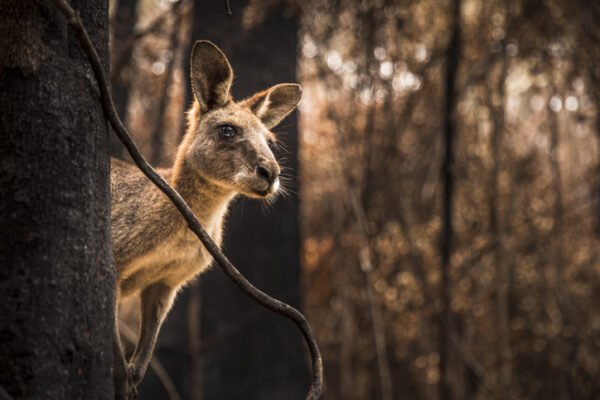Rishi Sunak has been accused of being ‘all mouth and no trousers’ when it comes to nature protection.
The comment, from Greenpeace UK’s chief scientist Doug Parr, follows a damning assessment from the Office for Environmental Protection (OEP) in its annual progress report.
The report reveals that the government remains largely off track to meets its environmental ambitions and must speed up and scale up its efforts in order to achieve them.
‘Deeply, deeply concerning’ trends
The OEP report provides an assessment of government’s progress towards legally binding environmental targets and the goals of its Environmental Improvement Plan (EIP).
It covers the period 01 April 2022 to 31 March 2023. It also includes content on selected cross-cutting themes, such as nature-friendly farming, and a more in-depth assessment focused on government’s apex goal of achieving ‘thriving plants and wildlife’.
‘While some progress has been made, substantial challenges remain. Our assessment is that government is largely off track to meet its ambitions and its legal obligations.
‘Deeply, deeply concerning adverse environmental trends continue. With the depleted state of our natural environment and the unprecedented pace of climate change, it does seem to many that we are at a crossroads. It is not easy for us as a nation to choose the right path, the right trajectory and to travel together at the pace needed, but we simply must.
‘Government must speed up its efforts. Many policies are in the early stages or are long awaited. In some areas the right policies are in place, but now must be implemented quickly and fulsomely.
‘It must also scale up its efforts. Change has to happen at the right scale, if we are to change the trajectory. We give many examples in our report where scaling up is required.
‘Lastly, government’s plans must stack up. Government must be clear itself and set out transparently how it will change the nation’s trajectory to the extent now needed, in good time.
‘This transparency is key. So far, government has not been clear enough about how its ambitions will be delivered – about all that is to be done in each goal area, and against each statutory target, when, and by whom.
‘Delivery bodies, local government, businesses and the environment sector need to know in full, what part they must play. In our view, government must do more to set out for Parliament, the public and all those who must play a role in this how it intends to deliver its ambition.
‘The trajectory can be changed. There are some areas where things are starting to head in the right direction, showing that with the right actions it can be done. But more must be done and done at pace.’
DAME GLENYS STACEY
Chair of the OEP
4/40 targets on track
The OEP’s assessment of 40 individual environmental targets, including legally binding targets set under the Environment Act 2021, found government is largely on track to achieve four, partially on track to achieve 11, and largely off track to achieve 10.
It was not possible to assess progress against a further 15 targets due to a lack of sufficient evidence.
Targets where government is largely on track relate to specific pollutants and wastewater. Targets where government is largely off track span most EIP goal areas and include residual waste, sustainable fisheries, chemicals and improving nature.
The OEP’s assessment of 51 recent environmental trends found that 25 trends are improving, 10 are static, eight are deteriorating and eight could not be assessed due to a lack of data.
Most progress has been made on reducing some environmental pressures – such as emissions of some air pollutants, greenhouse gases and chemical pollutants.
Looking at what this means for progress across the 10 goal areas of the EIP, the OEP concludes that in seven of the 10 goal areas progress has been mixed, and in three progress has been limited.
 Play Video about This Rock Might Just Save The World
Play Video about This Rock Might Just Save The World Play Video about Play 2 hours of rock
Play Video about Play 2 hours of rock Play Video about Play 2 hours of brook
Play Video about Play 2 hours of brook Play Video about Play 2 hours of sheep
Play Video about Play 2 hours of sheep















































